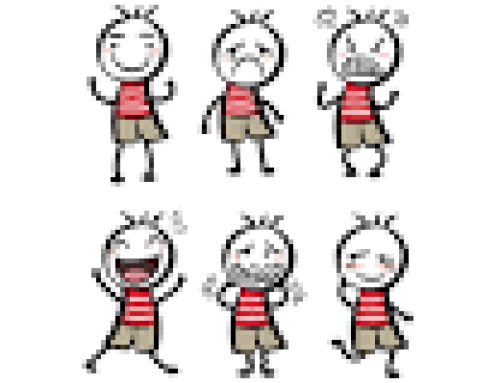Author: Lea Zweig, Psy.D.
 As a parent, you will face a multitude of challenges to overcome. If you are parenting a child with learning and/ or attention differences, you will face specific challenges both at home and at your child’s school. You will take on many roles: you will advocate for your child with the school; you will tutor your child to help him or her learn; and you will also simultaneously have to parent your child. Juggling these roles all at the same time can be quite a daunting task, but parents tend to feel more comfortable when they have a better sense of what their child needs in order to be successful.
As a parent, you will face a multitude of challenges to overcome. If you are parenting a child with learning and/ or attention differences, you will face specific challenges both at home and at your child’s school. You will take on many roles: you will advocate for your child with the school; you will tutor your child to help him or her learn; and you will also simultaneously have to parent your child. Juggling these roles all at the same time can be quite a daunting task, but parents tend to feel more comfortable when they have a better sense of what their child needs in order to be successful.
It is hard to know what your child needs. Many children cannot verbally acknowledge what they are experiencing, and therefore, will not be able to tell you what they need to succeed. Most of the time, parents learn that their child might have a learning disorder or attentional issue because a teacher notices certain areas of difficulty and brings it to the parents. Your child’s teacher should be able to inform you how your child is doing at school, both behaviorally and academically. Sometimes, teachers might suggest that you have your child evaluated, either by the school or by an outside professional, to determine if he or she meets criteria for a learning disorder or ADHD. Teachers cannot diagnose a learning disorder or ADHD, but they can often recognize the signs and symptoms.
Some schools have a school psychologist on site who can evaluate your child for any kind of learning difference; other schools require parents to complete the evaluation privately with a clinical psychologist. The best place to start is to obtain a diagnosis in order to understand what difficulties your child is experiencing, both at school and at home. Most schools require a child to have a documented diagnosis that impairs his or her learning if they are going to make certain accommodations in the classroom to help support a child’s individual learning style. A psychological evaluation is the only way to diagnose your child with learning difficulties.
This part is important: If your child does not qualify for special education services based on his or her diagnosis, this is not the time to give up hope that your child can learn successfully. There are many programs available that can help your child, but you will have to become your child’s advocate to get services in place to help. You will have to work with professionals to come up with the right education plan for your child and that means learning and understanding everything that your child needs to be successful in school, at home, and in their interaction with peers. For some, private tutoring will be helpful and for others a special school would be the best place for them to learn.
Remember to take this process one step at a time. If you are unsure of where to go or what to do next, reach out to a psychologist who specializes in psycho-educational evaluations. Many schools have a referral list for psychologists, or you can search online for a referral in your geographical area. With the right team you will find the best placement for your child. Don’t give up. There is help out there.





Leave A Comment